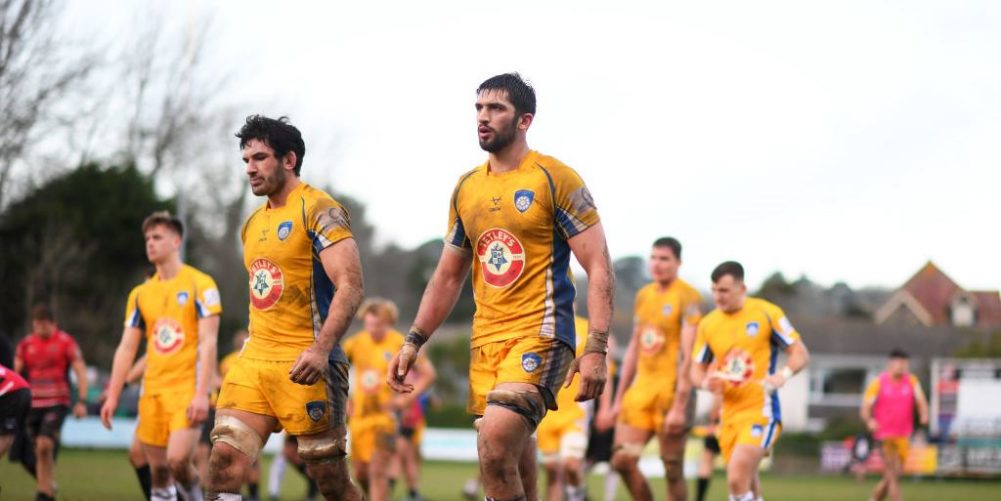Change is in the air apparently, the structure of league rugby in the English club game is being overhauled for the 2021-22 season, reducing the National Leagues from 16 to 14 clubs, possibly adding more regional leagues at National Two level. But this is nothing new.
A system was about to be implemented in the 2014-15 season, based on radical change, but was shelved at the eleventh hour by the RFU to stop an embarrassing rocking of the boat with a potential Extraordinary General Meeting on the cards during England's home World Cup.
I was part of the review group that put the structure together. If the 2014-15 plan had gone through, the gulf between the standing of northern and southern clubs, that is prevalent now, would simply not exist.
The regionalised north and south leagues would have fed national play-offs later in the season, thus guaranteeing local derbies for half the season and national finals towards the business end of the year.
In the intervening years it has been falsely portrayed as an attempt to dilute the standard of the community game, as is the current scheme which is less radical than ours ever was.
As of this week, the retention of the status quo – a 16-team National 1 and 32 clubs in National Two – leaves us with one northern club in the top 11 and the bottom five containing Sale FC, Moseley, Hull Ionians and Rotherham. Clearly this is not a position of strength for northern club rugby. Soon, they will be joined by Yorkshire Carnegie, which will leave the princely sum of three northern clubs in the top two divisions.
And if things pan out as expected in terms of promotion and relegation, there will be just seven northern clubs at Levels 1-3: Sale Sharks, Sale FC (who are linked) Newcastle, Doncaster, Darlington Mowden Park and Caldy, with Yorkshire hanging on for dear life. Now people will say it's the law of the jungle, but such a situation is a disaster for the English club game.
The current proposal reduces league numbers and gives an increased regionalised feel to Level 4. I agree with the plan for various reasons, but it still doesn't redress the numbers of northern clubs at Level 3 and above.
Again, it is said that “artificially“ strengthening the north will reduce the standard, which is another way of saying all the brass is in the south. But if over a period of time northern clubs had been allowed to bed in at that level, I'm convinced players, coaches, investors and sponsors would have been attracted ‘up country'.
After all, most northern clubs are within 90 minutes of Manchester, Liverpool, Leeds, Newcastle, Hull and Sheffield – all big cities with big opportunities. I'm convinced that regionalisation, combined with a national element is not a backward step, it is bold and progressive and would strengthen the club game in England.
There has been much criticism of the RFU decision to cut funding from the Championship, but you won't hear me complaining. First, if the rest of the game (Level 3 downwards) are suffering fund cuts then, in fairness, so should Level 2. Second, the Championship needs to be scrutinised and I admire the stance taken by the RFU on this. There needs to be a clear definition of the role the Championship serves.
The goal of the Premiership and international sides is clear and obvious. And the semi-pro and community game (97 per cent of the overall game) is pretty well defined. But what is the Championship for? What would the game lose without it? I believe the RFU are totally justified in calling it to book. If it is to continue it must be all serving not self-serving, and its raison d'etre made clear.
MARK NELSON, Lancashire County Coach


























